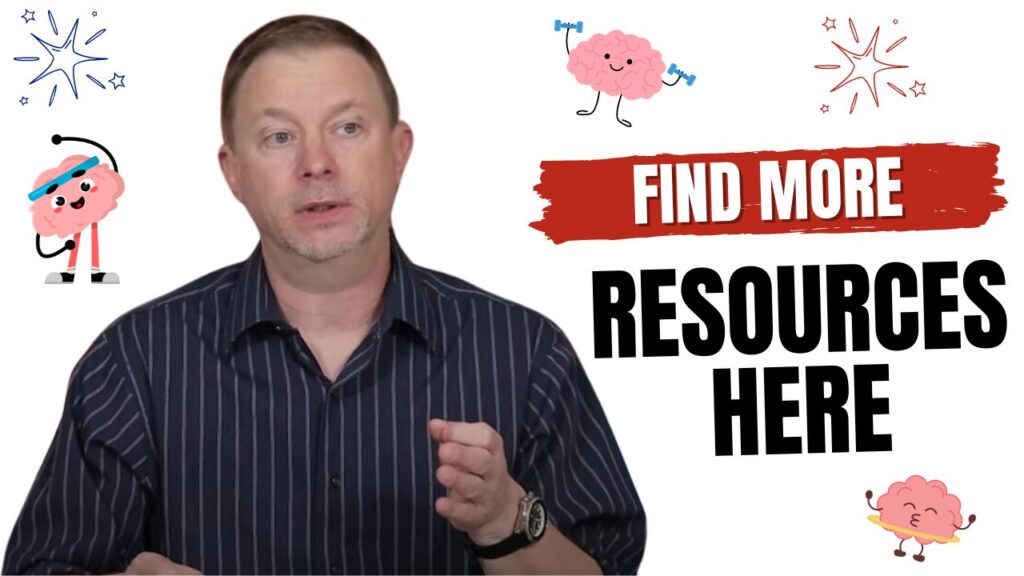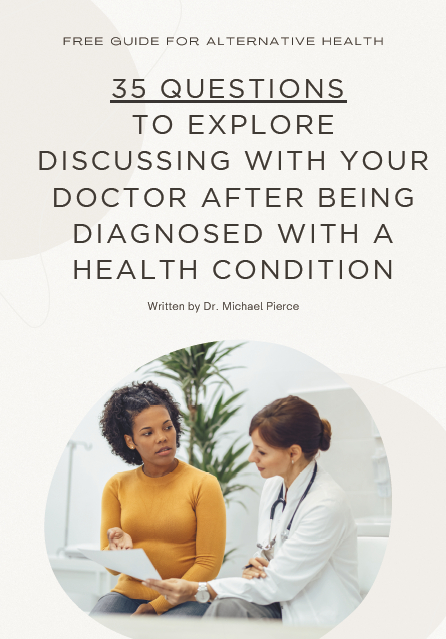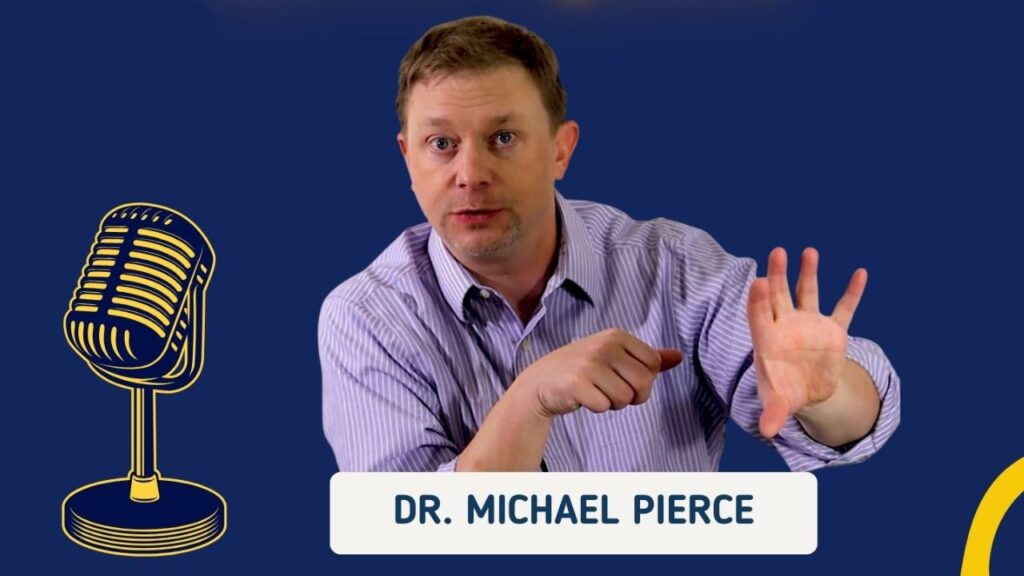Physician burnout is real. Physicians burn out of their careers in the US early and this is a costly problem in society. Some analysts believe the best clinicians are the most sensitive, and the loss of them lowers the quality of the pool of doctors left behind, and we need them to watchdog the rest of the pack.
Firstly, What Is Physician Burnout?
Physician burnout is a state of physical, emotional, and mental exhaustion caused by prolonged and excessive stress in the professional environment. Characterized by feelings of exhaustion, cynicism, and reduced professional efficacy, it can significantly impact the well-being of medical practitioners and the quality of care they provide to patients.
How Common Is Physician Burnout?
According to a study by the American Medical Association (AMA), physician burnout remains a significant challenge in the healthcare industry. At the end of 2021, nearly 63% of physicians reported experiencing some level of burnout. This highlights the need for concerted efforts to identify and address the factors contributing to this critical issue.
As the healthcare landscape continues to evolve, with increased workloads, administrative tasks, and complex technological advancements, it is essential to recognize the prevalence of physician burnout and take proactive steps towards fostering a healthier work environment for medical practitioners.
What Are The Signs Of Physician Burnout?
- Bureaucratic Fatigue: Doctors experience burnout due to the overwhelming policies, requirements, and administrative tasks that hinder their ability to provide optimal patient care.
- System-Driven Decision-Making: Physicians begin to make decisions primarily based on the requirements of the healthcare system rather than focusing on their patients’ needs. This can lead to decreased patient satisfaction and increased costs, with poorer overall outcomes.
- Disillusionment and Risky Behaviors: As doctors become disillusioned with the system, they may seek escape through alternate employment, or unhealthy coping mechanisms such as substance abuse, gambling or risky behaviors.
- Loss of Focus and Connection: The emotional toll of burnout can result in decreased focus, concentration, and a diminishing connection with patients, ultimately affecting the quality of care provided.
Which Physicians Are Most Burned Out?
- Emergency Room Physicians: Experience high levels of burnout due to the high-stress environment, unpredictable work hours, and exposure to traumatic cases.
- Pediatricians: Emotional exhaustion, the complexity of treating young patients, and dealing with distressed parents contribute to burnout.
- Family Physicians: Burnout is often a result of managing a wide range of patient needs, limited consultation time, and increasing administrative tasks.
- Dentists: Isolation from the broader medical community, high patient expectations, and the physical demands of dental work can result in high levels of burnout, with a concerning rate of suicide among dentists.
Which Types Of Foods To Avoid For Mental Health?
While it’s true that various factors contribute to burnout across different specialties, some argue that there are also root causes affecting the medical field as a whole. These include a broken healthcare system, an increasingly litigious society, the growth of administrative medicine, and the limitations of patented medications, which often prioritize novel, unnatural molecules that don’t necessarily align with the body’s natural cell receptors.
Critics argue that medical education is influenced by funding from large corporations such as those in the agriculture and pharmaceutical industries. As a result, some believe that doctors are discouraged from thinking critically, creatively, or addressing the underlying causes of health issues, further contributing to burnout.
Addressing these systemic issues may help alleviate burnout across various medical specialties, ultimately benefiting both healthcare professionals and their patients. Tackling these systemic problems could help mitigate burnout across various medical specialties, ultimately benefiting both healthcare professionals and their patients.
What is the difference between physician fatigue and burnout?
Physician fatigue and burnout are two distinct issues affecting medical professionals.
- Everyday Fatigue is primarily physical, resulting from those grueling schedules and insane on-call hours – which, let’s face it, are archaic hazing methods that serve no purpose in modern healthcare. Some might even say forcing doctors to work around the clock is a crime against humanity! Hard work alone is not burnout by itself.
- Burnout, on the other hand, is a different beast altogether. It’s a more insidious issue, stemming from emotional and mental exhaustion. The disillusionment with the bureaucracy of U.S. medicine – from covering your backside with legal decisions, to shrinking reimbursement, and restricted time with patients can really grind down a doctor’s soul and compassion.
It is essential to recognize the differences between fatigue and burnout to tackle these issues effectively and to create a more sustainable working environment for healthcare professionals. While solutions may involve adjusting work schedules and promoting self-care, we also need to address the systemic problems that are fueling this burnout epidemic. It’s time for change – our healthcare system depends on it!
My Tips On How To Prevent Physician Burnout
We need a complete overhaul of how we approach physician well-being. First, employers and colleagues must actively seek better feedback from physicians to identify burnout signs early on. Next, testing adrenal response through cortisol lab tests and monitoring sleep metrics can help assess stress resilience and recovery potential.
Medical education needs a serious makeover too! Doctors need to be armed with knowledge about sleep, nutrition, digestion, and detoxification. Integrating wellness physiology and radiant health courses, along with medical anthropology and public health courses, would encourage healthcare providers to consider broader perspectives on health. This includes exploring food, GMOs, diet, and farming. It’s high time we demystify the idea that health comes solely from technology and prescription drugs.
Furthermore, we must address the shocking lack of toxicology training in modern pollutants. How can we protect our patients when the EPA and FDA permit more food, upholstery and lawn additives and chemicals than most countries worldwide allow? Let’s empower our doctors with the knowledge they need to tackle the root causes of burnout and revolutionize healthcare to be more aligned with what’s happening around the world, including poorer countries with better outcomes and lower healthcare costs.
Doctors burn out because the system is broken
It’s time we face the harsh reality: the system is failing not just us as patients, but also our healthcare providers. While it’s essential to support individual doctors experiencing burnout, we must also confront the root cause by redesigning and fixing the core system. Our goal should be to prevent burnout altogether, ensuring both physicians and their patients enjoy an improved quality of life.
Empathy and passion are at the heart of a physician’s work, and we must not let them continue to erode under the weight of systemic burdens. Cruelly, our current focus on raw GDP only serves to perpetuate a cycle of disease and suffering, ignoring the larger societal impact of a healthcare system in crisis. GDP goes up when more people are sick-do we want to build such a financial incentive into the economy or encourage radical health and productivity instead?
To truly pave the way for a healthier future, doctors must be given the freedom to innovate and explore new avenues of care, unshackled from the constraints imposed by big pharma, insurance companies, and Medicare. It’s time to empower our physicians and create a system that nurtures their dedication, ensuring the well-being of both healthcare providers and the patients they serve.
Preventing Physician Burnout : Frequently Asked Questions (FAQs)
How do doctors deal with stress?
Let’s face it – doctors are under immense pressure, and it’s no surprise they seek ways to blow off steam. Unfortunately, some turn to drugs or alcohol, a dangerous and short-sighted “solution” that only masks the real problems. These unhealthy coping mechanisms do more harm than good in the long run.
The truth is, doctors need better support systems and a healthier work environment. Encouraging self-care practices like mindfulness, exercise, and a balanced diet is a start. Doctors also need a strong network of colleagues, friends, or therapists to lean on.
But it doesn’t stop there – we must tackle the root causes of stress and burnout by fixing the flawed healthcare system. Institutions need to prioritize physician wellness, promote work-life balance, and create an environment where healthcare providers can deliver top-notch care without sacrificing their well-being. It’s time to empower our physicians and create a system that nurtures their dedication, ensuring the well-being of both healthcare providers and the patients they serve. Countries such as Cuba and Portugal do this already.
What are the lowest burnout medical specialties?
While traditional physicians in specialties like emergency medicine, pediatrics, family medicine, and dentistry often face high levels of burnout due to various systemic issues, alternative healthcare practitioners may experience lower rates of burnout.
Chiropractors, for instance, focus on musculoskeletal health and employ hands-on, drug-free techniques to relieve pain and improve overall well-being. Similarly, acupuncturists practice an ancient form of Traditional Chinese Medicine, using thin needles to stimulate specific points on the body to treat various conditions and promote healing.
These alternative approaches to healthcare may contribute to lower burnout rates as they often emphasize a more holistic, patient-centered approach. Additionally, practitioners in these fields typically have more flexibility and control over their practice, allowing them to maintain a better work-life balance.
However, it’s important to note that burnout can still occur in any profession, and individual circumstances may vary.
How can healthcare institutions support physicians to prevent burnout?
It’s high time healthcare institutions wake up and realize that they’re responsible for the well-being of the very people they rely on to provide quality care. Here’s what they need to do:
- Give doctors a break: Flexible schedules, manageable patient loads, and actual time off aren’t luxuries—they’re necessities.
- Take mental health seriously: Provide doctors with counseling services, mindfulness training, nutrition, wellness, and stress management workshops. We’re not robots.
- Cut the red tape: Streamline those bureaucratic nightmares, limitations on research and ingenuity, give more administrative support, and let doctors focus on what they do best—helping patients heal.
- Create a supportive culture: Doctors need to feel heard, valued, and empowered. Stop treating them like cogs in a machine.
These aren’t suggestions—they’re requirements if healthcare institutions want to keep doctors from burning out and patients from suffering. It’s time to do better!
For more information and resources visit my YouTube channel here.
If you’d like personalized advice, you can also book a coaching session with Dr. Michael Pierce.
For more resources feel free to visit my Blog Page.










